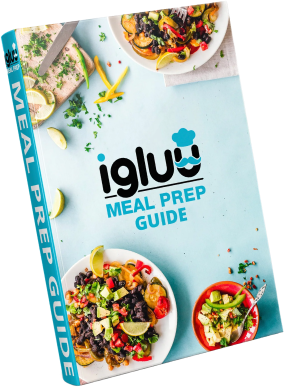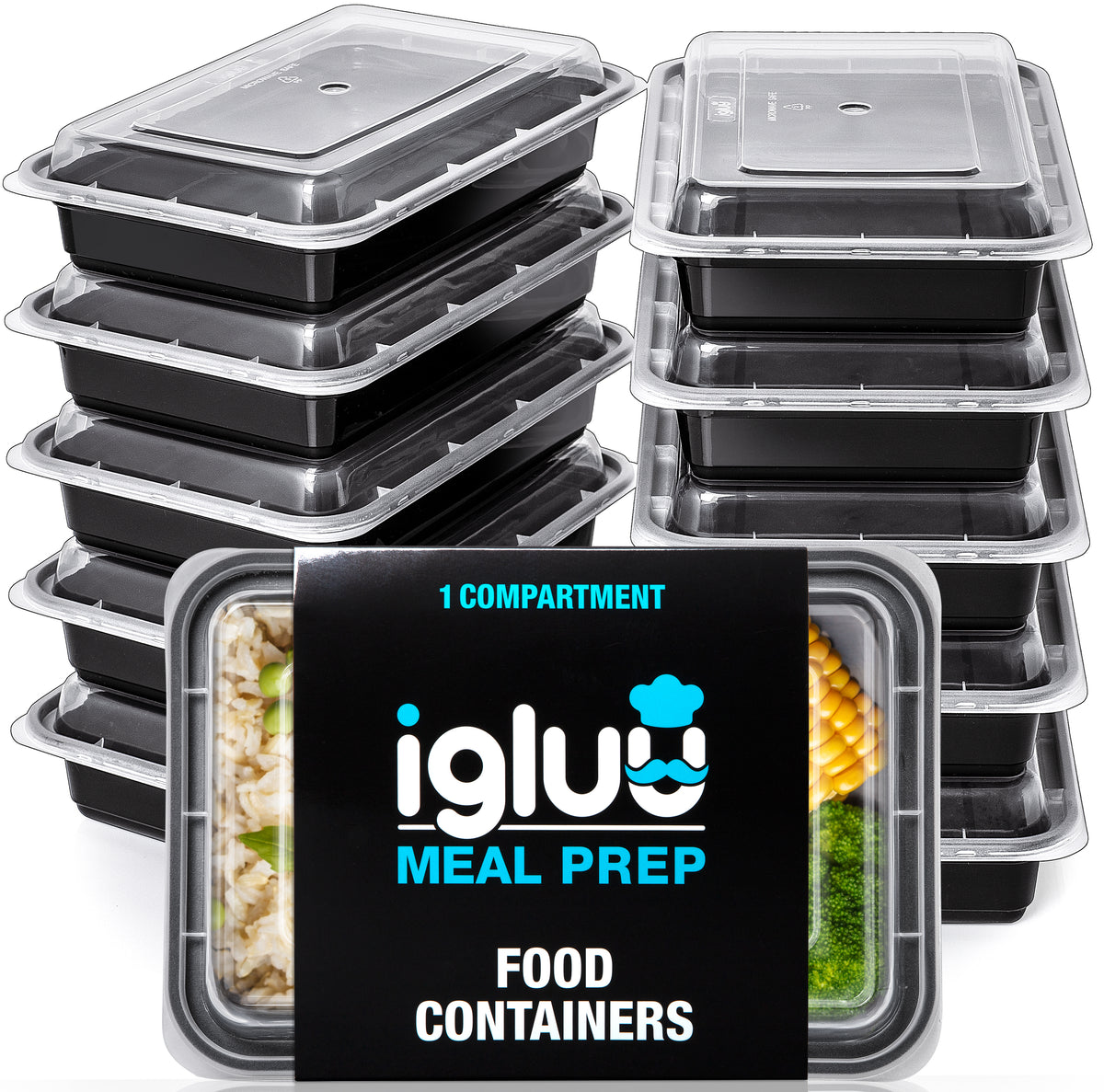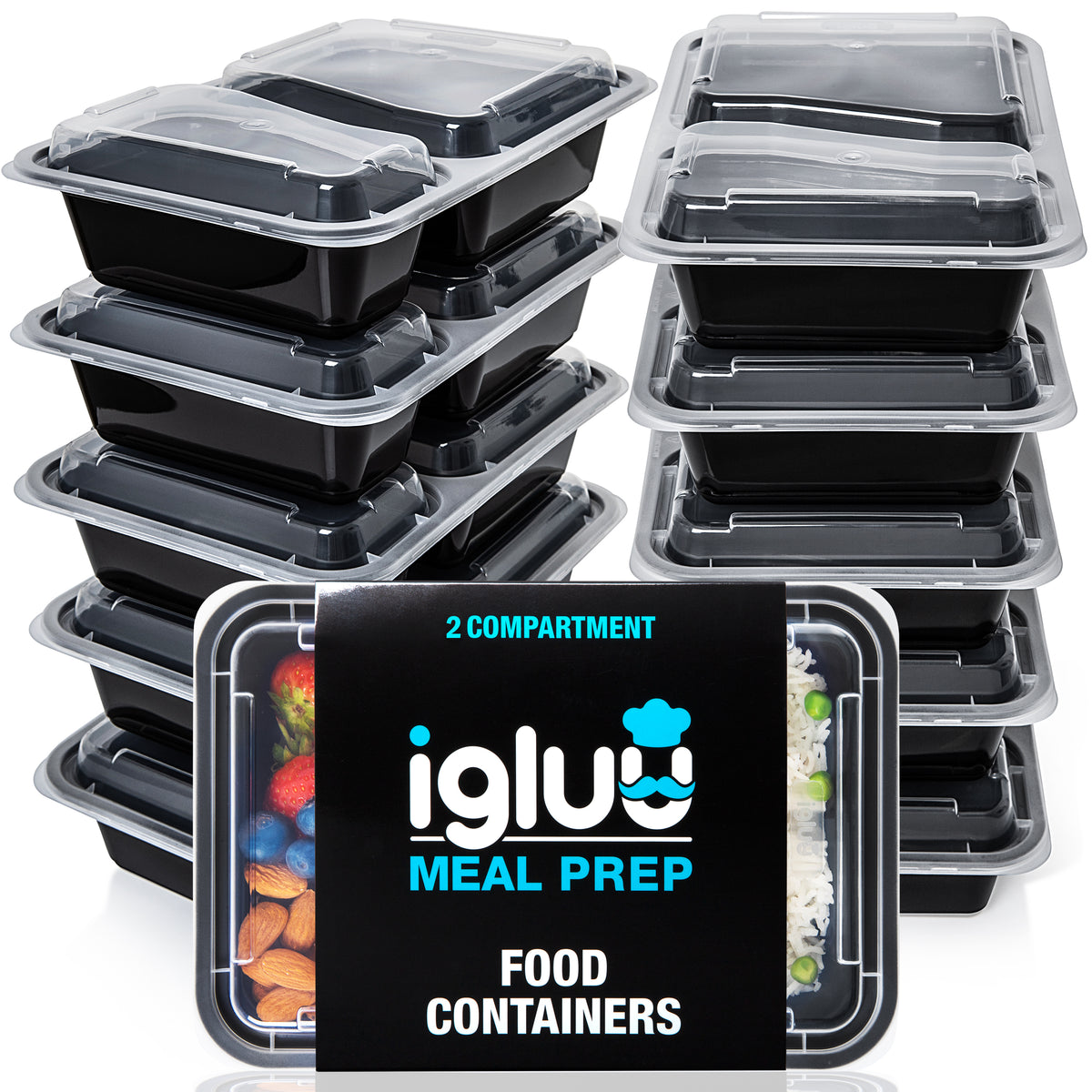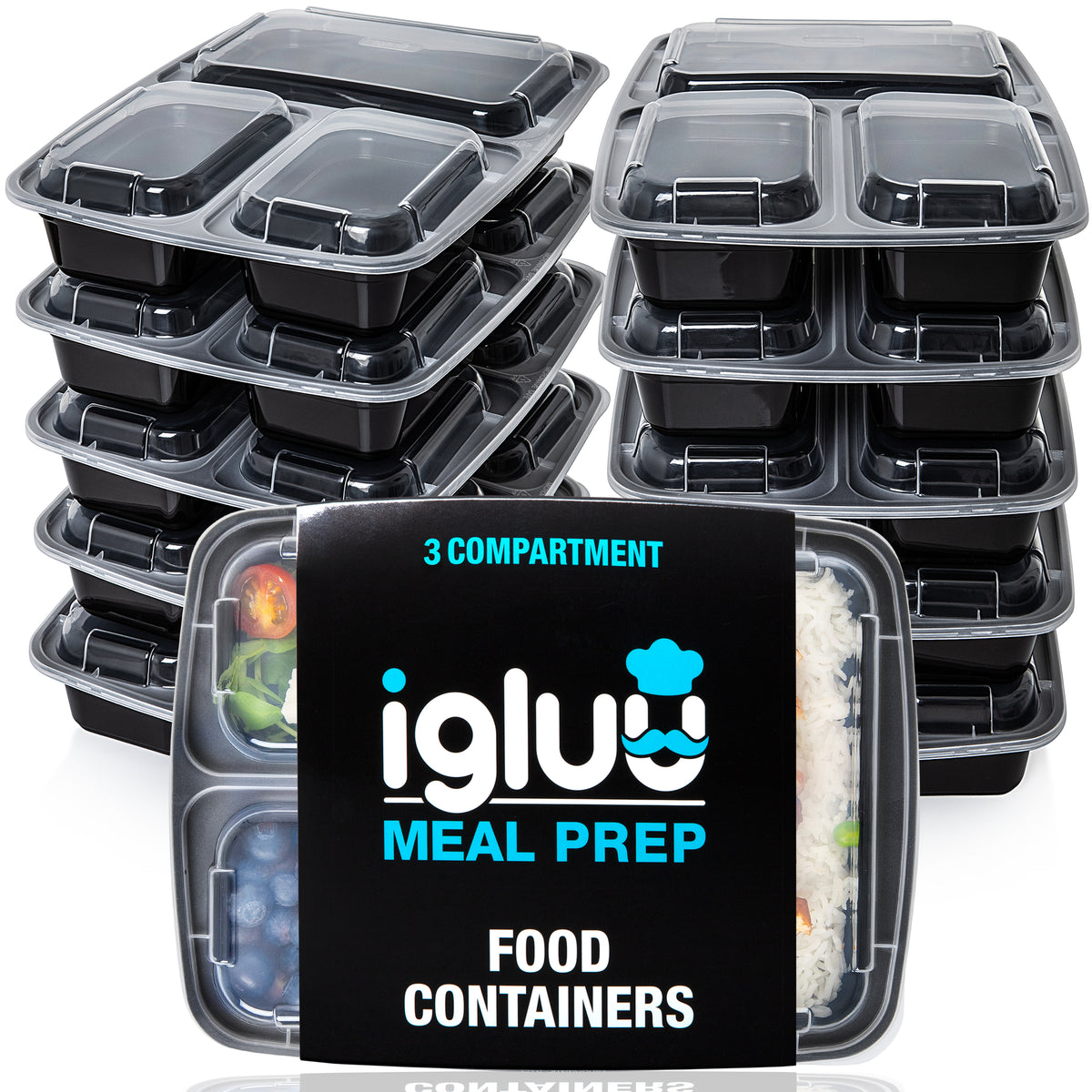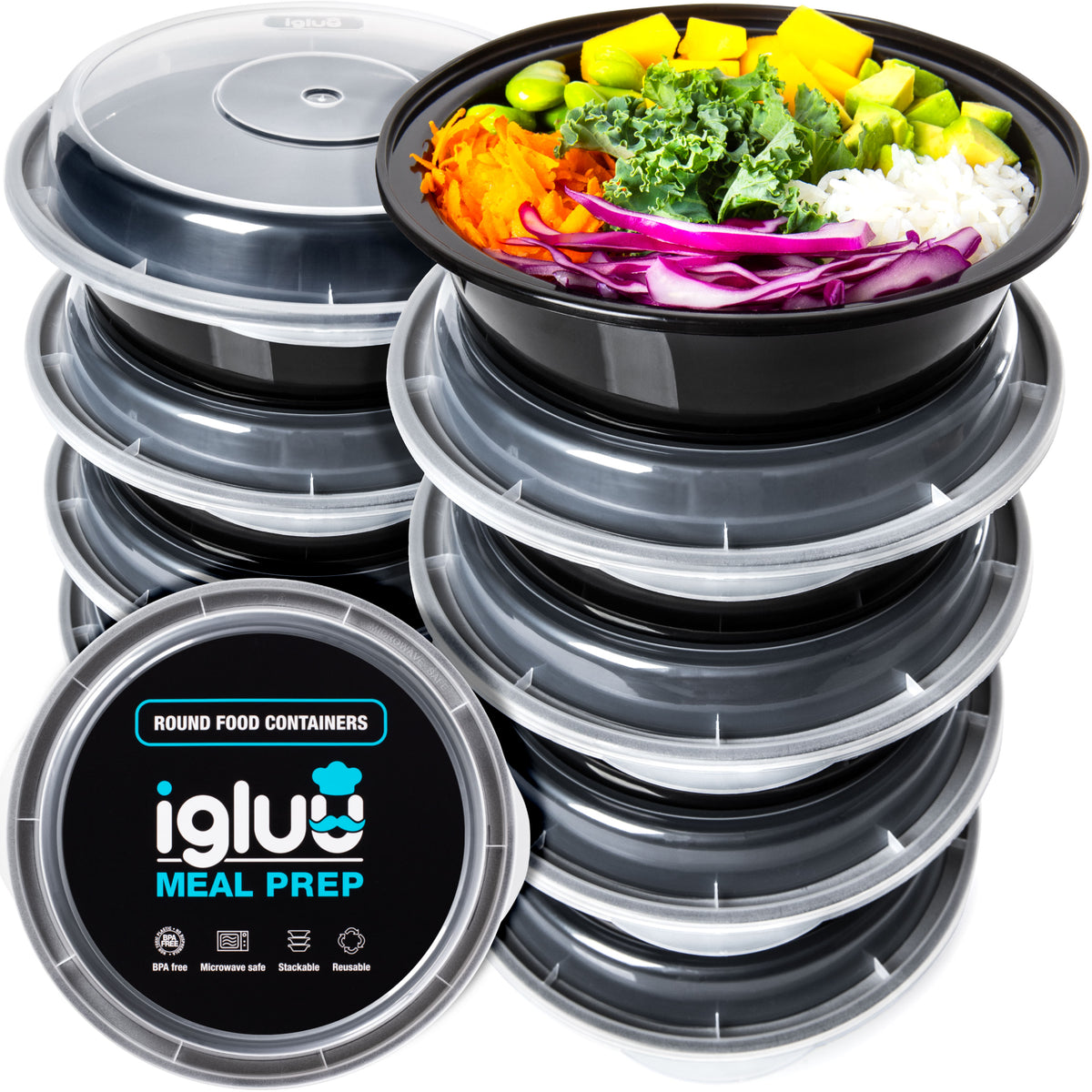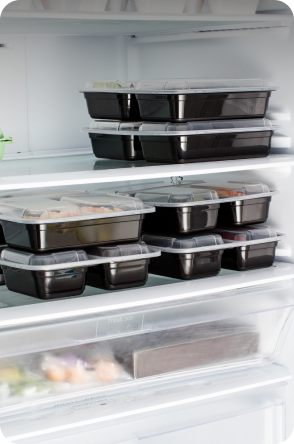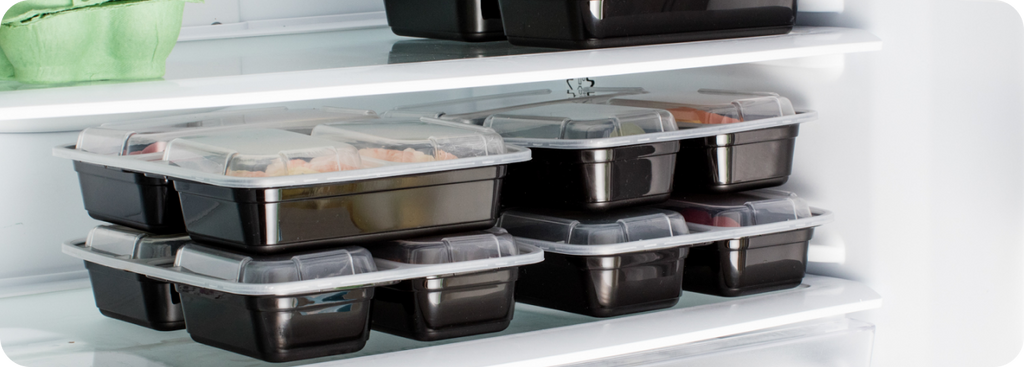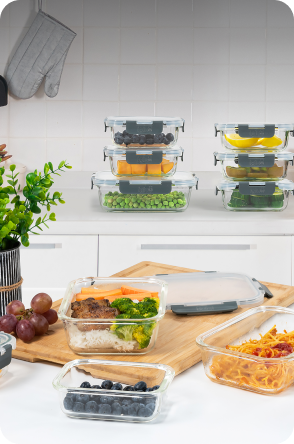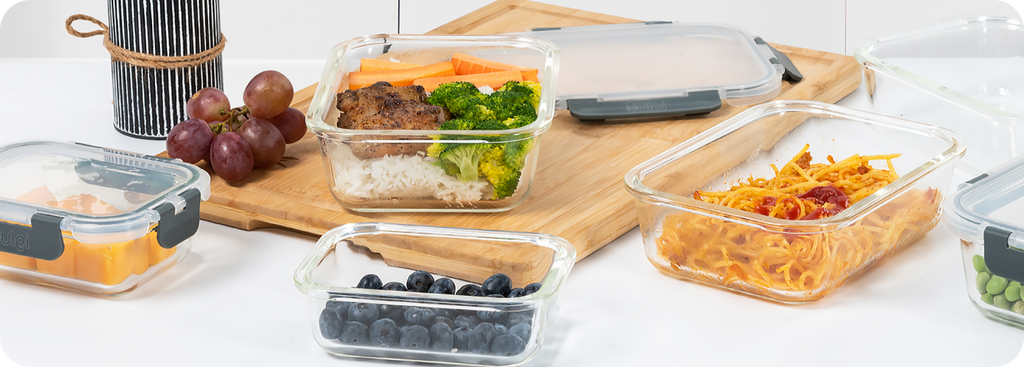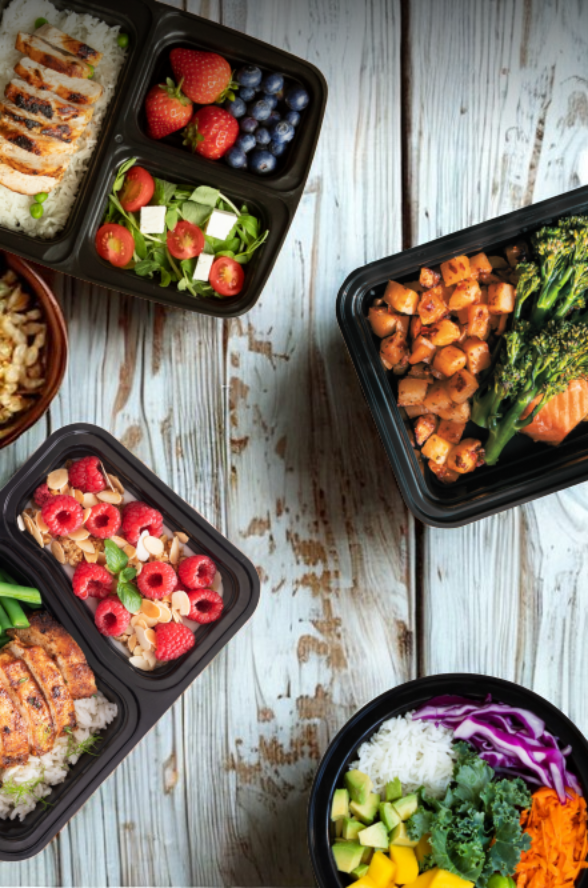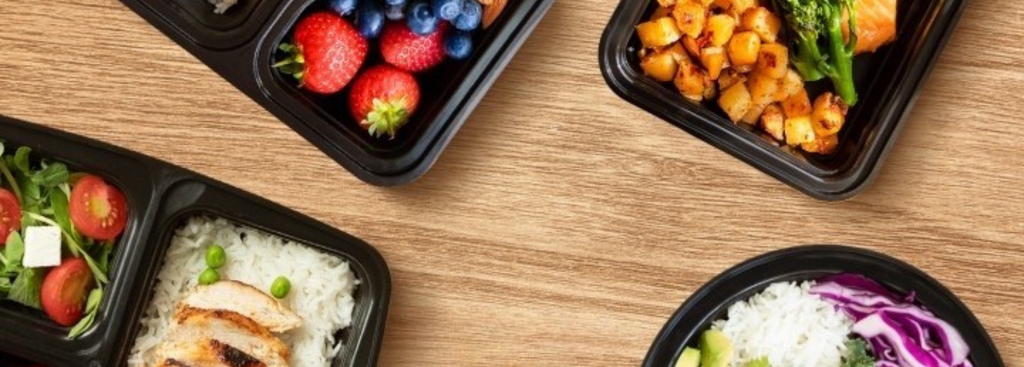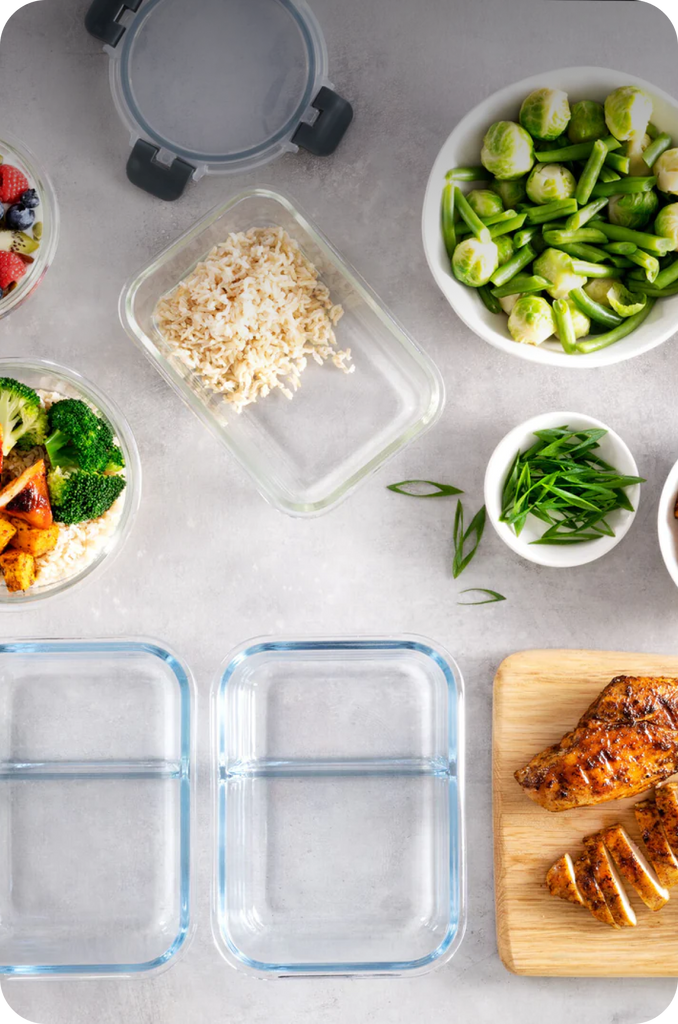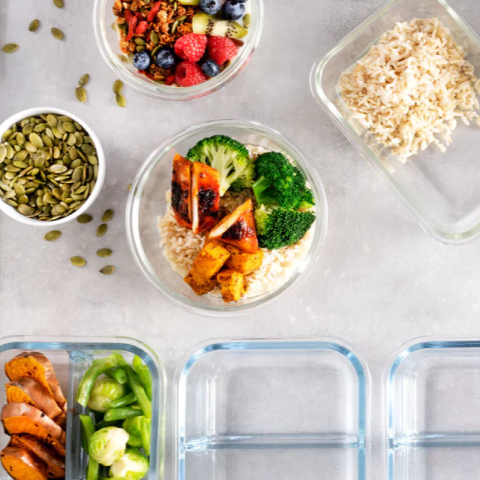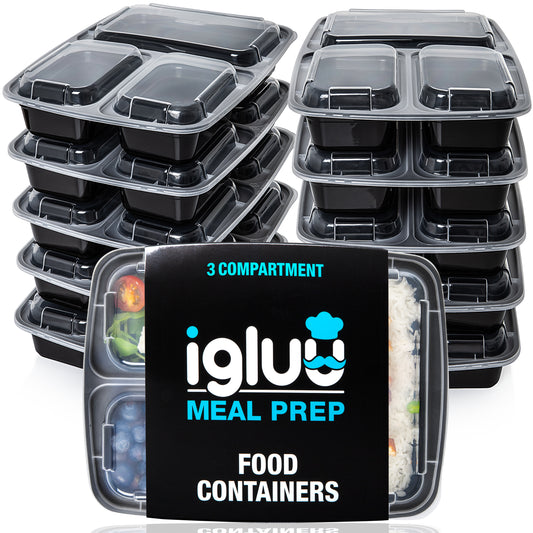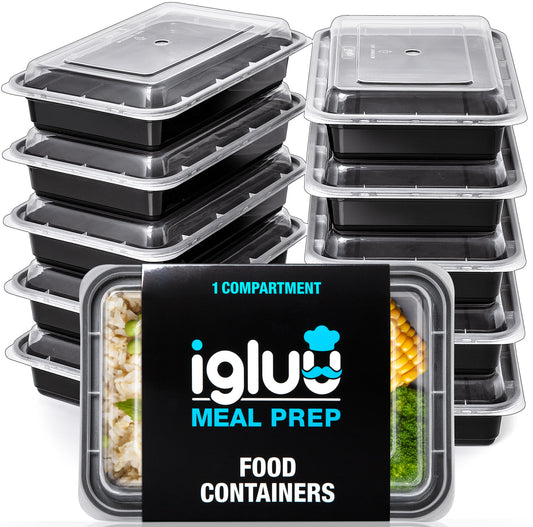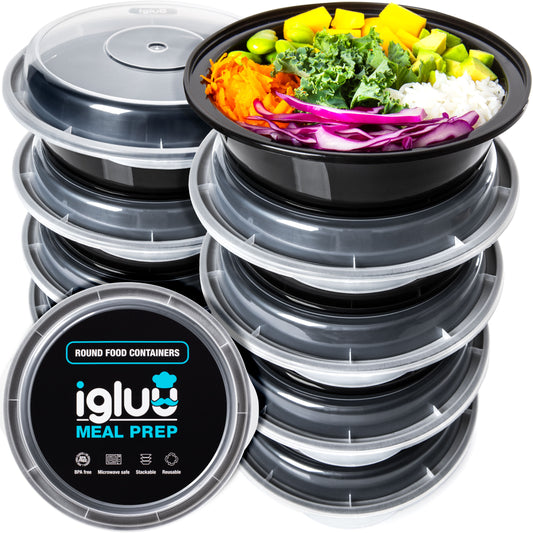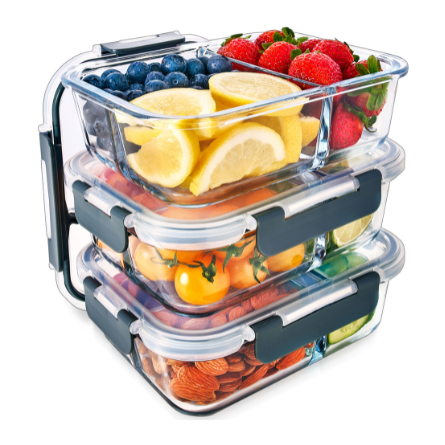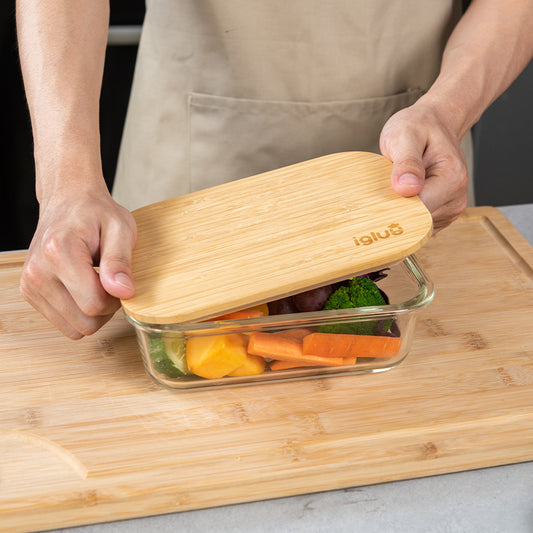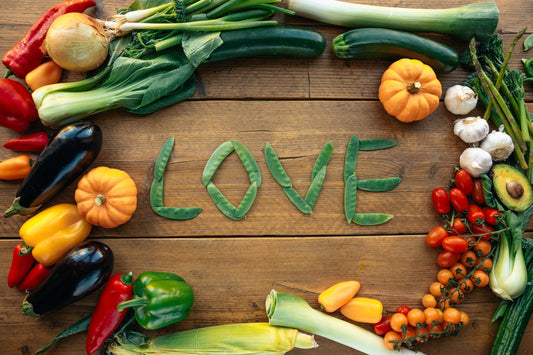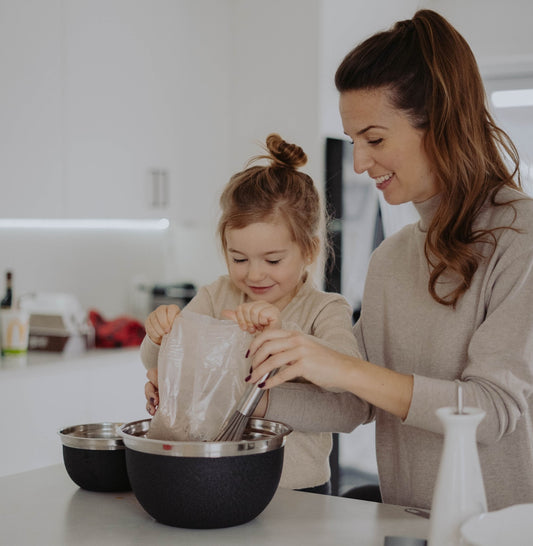Frugality. The ability to be economical with money or food. Thriftiness.

A noble quality to have, for sure, but it is not always easy to live the frugal lifestyle in the modern world. It can be especially hard to live this way if you happen to lead a hectic life where work and travel take a sizeable chunk of your waking hours, and family time devours the rest. This is where meal prepping has already helped millions of people across the globe.

Many of you seasoned meal preppers already know the value of meal prepping when it comes to saving cash (and also saving time), but in the current international climate, there are more benefits to the ‘prep life’ than you initially may have realised.
Empty Shelves, And Less Choice

For vast swathes of you, your big supermarket shopping trips are most probably looking slightly different than they did a year or so ago. Logistics issues across much of the world are having a detrimental impact on the supply chains of various food types, with many patrons having trouble finding all of their usual favourites available at any one time. This shouldn’t be a long term issue for most of us, but it does mean that this autumn and perhaps winter, planning ahead and being agile when it comes to the way we cook, could well be a particularly useful skill to develop. Cutting down on our food waste has been a long-term goal for us here at Igluu, and there has never been a better time than now to start bringing that particular facet of meal prepping to the fore. Yes, it is true that most of you will use our containers for dishing out individual meals and planning lunches and dinners for the week ahead. This isn’t, however, the only useful way to utilize our range of containers. They also make extremely good storage containers for freezing ingredients!

The Big Freeze
Take for example your favourite seasonal veg. With the current lack of field workers on British farms looking like it may last for a while longer, freezing a batch of your favourite vegetables wouldn’t be the worst idea you’ve ever had. Our containers are airtight, stackable, and freezer-safe, making them perfect for storing batches of veg ahead of time. However, the way in which you do this can vary from one type of vegetable to another.
Broccoli should be cut into florets, and cooked until al dente. After cooking, let them cool, chuck them in one of our containers, and freeze. This method can keep your broccoli fresh for up to 6 months. You can of course freeze raw broccoli too, but we are in the business of meal prepping and speeding up prep time, so here at Igluu HQ it comes naturally to us to get a little of the hard work out the way before storing (it’s in our DNA!).

Onions can be chopped or sliced raw, and then frozen. Alternatively, you can fry your onions and freeze them after allowing them to cool.
Carrots don’t freeze particularly well in their natural form. If you wish to freeze them raw, chop them finely before storing them in a container. You can also cook them until al dente, and freeze them before frying them on their return journey from the freezer. The main take away from freezing carrots is to chop them into smaller pieces or batons first. The water content in the cells of the carrots expands upon freezing, and if left in their natural state, burst and become spongy when they defrost. Chop, cook, and freeze, instead. The rules for freezing potatoes are much the same as carrots. Chop, slice, or even mash before freezing, and don’t be afraid to season them before popping them into the freezer for a later date.Mixing veg, like you would find in a sofrito for example, is perfectly fine to do before freezing too due to the fact all the vegetables are chopped finely, so even those with high water content should taste great when you defrost them at a later date.

A few foods to avoid freezing are lettuces, cucumbers, bean sprouts (basically anything with extremely high water content), hard-boiled eggs (they tend to go a little rubbery), and soft herbs. Overall though, most vegetables are fine to freeze, and if you happen to store them away when they are in their prime condition, the chances are that they retain the vast majority of their taste and flavour.
Partial Preps
Sauces are another great way to prepare in advance for any shortages you may come across in the coming months, as well as being a wonderful time hack. Find yourself with a few extra tomatoes, and not sure when you will get around to using them? Get them on the stove, conjure up a batch of tomato sauce that is perfect for a variety of pasta dishes, and freeze in our containers ready for use when you see fit. The beauty of using our containers for this sort of prep in particular, is that you can ladle out the exact amount of sauce you generally use for a family meal, into each container. No excess waste, and no mouldy tomatoes sitting in the fridge waiting to be thrown away! Simply boil your pasta, and add your pre-made (and defrosted) sauce.
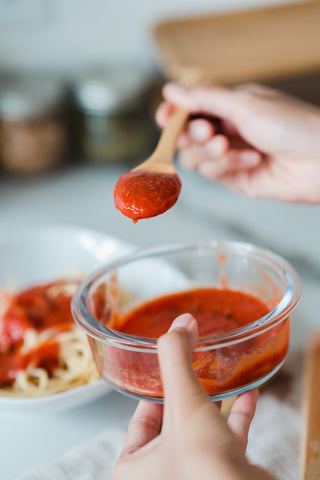
Mince is another ingredient that lends itself well to batch cooking, and easy freezer storage. Again, your mince can be separated into the exact amounts you need for each meal, put in a separate container, and frozen. For families, you may want to use our single compartment containers, or for those weeks when you might need a few single meals for packed lunches, our double and triple compartment versions may suit you better by allowing you to remove a single portion of mince, and return the rest of the container to the freezer. Perfect for Cottage pies, jacket potato toppings, Bolognese, or any other dish that contains mince.

With any luck, the shortages we are seeing in the supermarkets will ease sooner rather than later. Until then, having a few pre-prepped ingredients, stocked and stored in the freezer is not a bad idea. Less food waste, less time cooking, and less strain on the purse or wallet will be your rewards for a little forward-thinking and a relatively small amount of effort. Whilst we would never advocate for ‘panic buying’, making the most of your ingredients, creating less waste, and giving yourself access to seasonal veg all year round is actually a great way to not only help out with your own meal options in the coming months, but is also a simple action that can help create less strain on the supply chains that are currently creaking.

